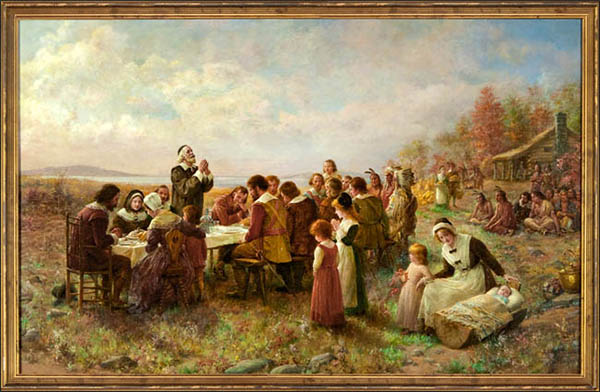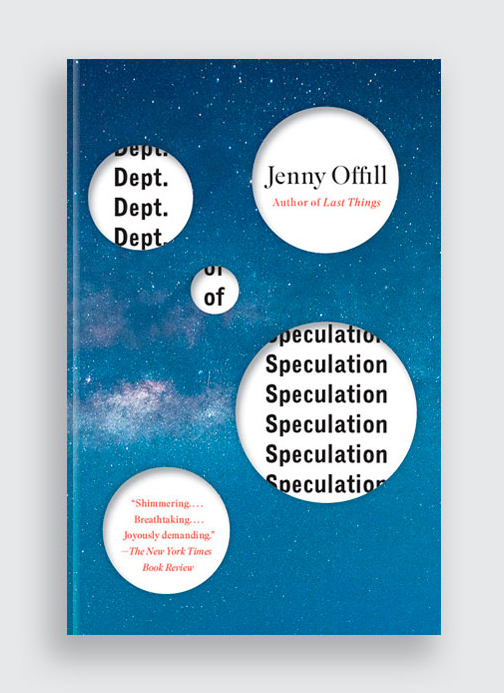Black Friday: An Faux Anthropological Study
“Yea, for tonight though we feast, tomorrow we prepare for eternity… and shopping!” – Tall Pilgrim
Introduction
Ritual. One could argue that of all aspects in human culture, ritual is both the most universal and the most varied. Holidays, meals, ceremonies of all kinds come down to the deep human need for ritual. Rituals around the world mark similar occasions: bonding, birth, feeding and grief. The rituals that have been carried on for the longest duration tend to embody the same three qualities: love of the familiar, remembrance of a prized quality, and facilitation of a basic human need.
There are a few unique rituals in the United States of America; the greatest of these is the exalted tradition of Black Friday. In honor of this auspicious day, we at Quirk Books decided to take a closer look at the anthropological origin of the holiday and cultural underpinnings of its celebration today.
History
Celebrations of Black Friday date back to the early 1600s, and were celebrated by the early colonial European settlers in the American northeast. In that time “Black Friday” referred to celebrating another year of survival from the Black Plague. Festivities, including the exchange of goods and hoarding of supplies for the coming winter, were tied irrevocably back to that central idea: amassing a hoard of material goods is the deepest thrill a being can experience in life. By tying the celebration to this deeply human sense of joy, Black Friday was even in its earliest days a celebration of the very best aspects of human life.
The day originated as a weekly celebration of still being alive and not showing signs of deadly disease, which commissioned all healthy members of the house hold out into the fields to collect supplies that would be needed for the coming week’s survival. As towns and hamlets began to flourish in the colonies and the plague receded as the primary threat to survival, Black Friday became more of a cultural phenomenon and eventually was established as a single, annual celebration.

Here a group of pilgrims listens to the story of death and Black Friday, and appear understandable gloomy at the prospect.
Black Friday Eve
As with many of the major celebrations in the calendar year around the world, Black Friday later became more than just a single day of celebration and began to extend to other days of the week. Black Friday Eve became known as a day of preparation for the holiday, largely devoted to bringing all members of the family together to review plans for each role they would take the coming day’s work, and to gather strength from a feast the night before. As taking time to eat on Black Friday proper was deemed a lethargic approach, eating a massive feast the night before became a tradition among the most devout (and affluent) members of early American colonial society. In later years Black Friday Eve was termed the colloquial “Night of Gorging.”
Modern Celebrations
From an early age children in the culture encounter the lore and legends of Black Friday – the Ballad of Tickle Me Elmo, the Tales of Two for One, We Rush the Doors at Dawn, and so on – and are inculcated in the ways of accumulation and sale navigation. As young children grow into sturdy, nimble teens, the noblest and trust worthiest are included in the foraging tasks of the adults (an honor in most families and rite of passage). These youths are often tasked with the missions for which they are most physically suited; the climbing of shelves, procuring emergency foodstuffs, and weaving through crowds of stampeding would-be buyers. American adults, on being prepared for the modern celebration of Black Friday and conditioned for the physical and mental obstacles they will face, typically approach the day with an earnest belief in their own self-reliance and unique abilities.
A Return to First Principles
Celebrations of the holiday have become so vigilant in recent years that many stores and markets have returned to the colonial ritual of opening before dawn – embracing the blackness of night and the promise of a new day. This strategy had an advantage for early American settlers as is gave them the opportunity to gather surplus goods before their less vigilant peers. We see this advantage duplicated in modern Black Friday celebrations by patrons of industry seeking not merely to gather goods but to increase their material wealth while edging out those who were less able to participate in the earliest hours.
As in days gone by, shopkeepers and their apprentices rise before dawn to prepare, many working through the night rather than wasting time in a night of feasting. The work of supplying the exchanges of Black Friday being crucial to the holiday, and the feasting with friends and family an enjoyable but ultimately useless subset of the celebration. Families rise early and in confusion before separating or pairing off to take on the projects of the day – marshaling efforts to carry possessions, fuelling vehicles for transport, and assuring that they are prepared for eventualities like dehydration and bodily injury.
From there the days is spent in a glorious bustle of excitement and delight, shoppers reveling in their task, shopkeepers ardently resupplying hungry shelves and shoppers, workers mincing out of the way of the oncoming hoards. Often described as a blur of opulent consumerism, by day’s end all are exhausted from the righteous exertion of the festivities.

Each member of the community had a role to play in the Black Friday celebration. Here workers unload supplies to be bought, dogs scout for local threats, shoppers form a mob, and a befuddled leader refuses to ask for directions.
Conclusion
Black Friday is a day of ritual celebration that calls up each of those deep needs filled by holidays and traditions. Love of the familiar; in celebrating that act most beloved by mankind – acquisition. Remembrance of a prized quality; in showcasing each person’s unique ability to serve the greater purpose of hoarding supplies. Facilitation of a basic human need; in taking a single day to provide enough material goods to fill a three-car garage for the next decade.
Black Friday is a day we can share in the celebration of regardless of creed or covenant as it celebrates that one pure element of human nature: the desire for more stuff.
From all of us here at Quirk Books, have Rapacious Black Friday and an Avaricious Season of Frozen Darkness!
(Yes, this is meant to be silly. Go forth and enjoy Black Friday in whatever way you see fit!)




